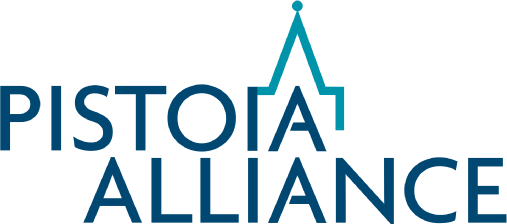We are delighted to announce the first partner challenge for our President’s Series Hackathon.
The challenges are designed to show how deep learning can work with life science and health related data to make an impact on advancing research into tackling disease and supporting patients.

Elsevier would like you to demonstrate the ability of deep learning to help Findacure, a UK-based charity, accelerate treatment and clinical research for Friedreich’s ataxia (FRDA). You’ll have access to a heterogeneous set of data related to the disease: biological pathway analysis, associated chemical compounds and bioactivities, potential candidates for drug re-purposing, full-text scientific literature, and clinical trial data.
About Friedreich’s Ataxia
Friedreich’s ataxia is a rare, genetic, progressive, neurodegenerative movement disorder, with a mean age of onset between 10 and 15 years. Rare diseases are often assumed to be unimportant because of their small patient populations. This leads to a lack of support for patients and families, neglect by the medical profession, and little ongoing research into treatments.
Join us!
The aim is to forge new relationships between science and deep learning experts to look at established healthcare data in a different way. So if you are a scientist or a deep / machine learning specialist we want you to be there. Other disciplines are welcome, if you have a creative mind and this topic interests you please consider joining.
More challenges are being developed and will be announced shortly.
We look forward to seeing you at the event.
Register now.
For any questions on how to get involved as a competitor, judge or provide a challenge, please contact David Proudlock.
